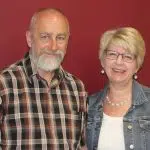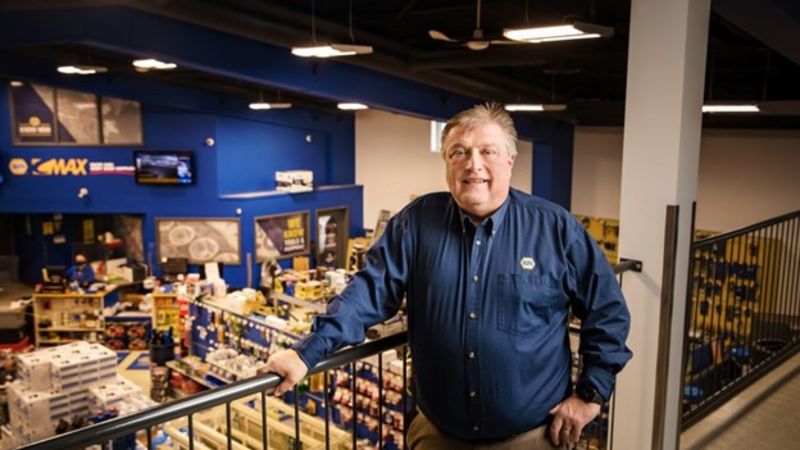
Overdose and addiction awareness: Daniel’s story
August 31 was Overdose Awareness Day – an international campaign to prevent toxic drug poisonings, and remember, without stigma, those who have suffered from addiction and those who have died.
paNOW’s Susan McNeil spoke with several addicts who shared how addiction impacted their life and those around them. More importantly, they wanted to show others that recovery is possible.
This is the final of four stories in this series that has been published over the course of the weekend.
—



